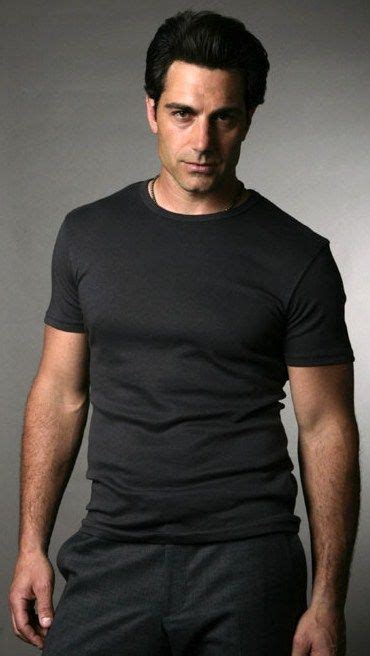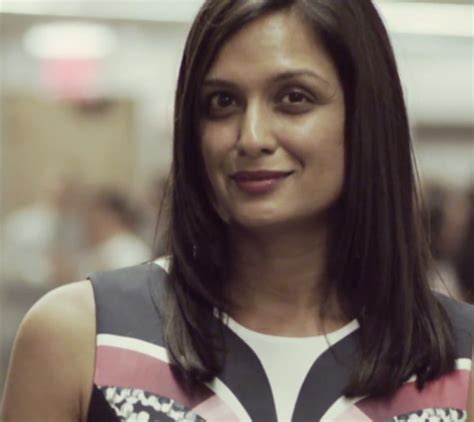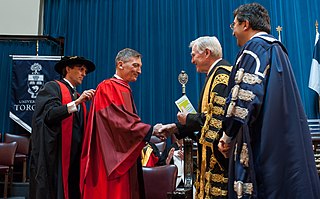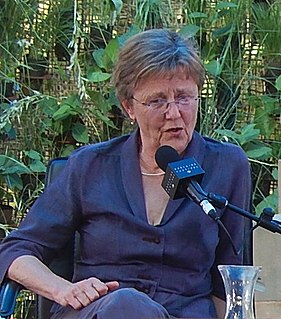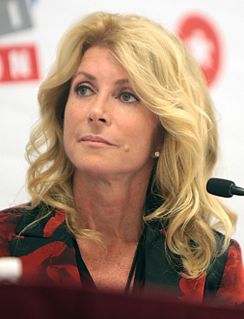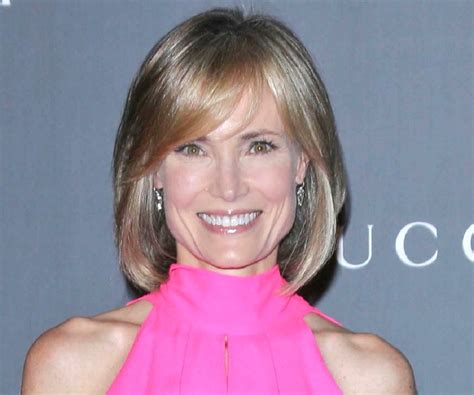A Quote by Michael Bergin
I was going to get the Carolyn Bessette story out of her one way or another.
Related Quotes
Perhaps the community you mentioned might not come to the story. Sometimes you have to take the story to them, and perform it, and that's another way that I get an alternate point of view that isn't the official version of history out to a community. I feel that's what I've been doing since Caramelo.
I've known Carolyn [Maloney] for years, by the way. I knew her when she was on the City Council and knew her when she was - when she was running, and we endorsed her very early when she ran for Congress, yet I didn't know some of the stories in here of herself and her struggle, and - and she makes a very - you know, it's - it pulls your heart as well as - but it's very practical.
If you have a friend, what's the best way you can experience her beauty? It's to really accept her. She's weird in this way, I accept it. She's hard to talk to, I accept it. Then that person eventually will come all the way out into the sun. I think it's the same way with our talent. We say, "Look, I'm not going to judge you. I'm going to try to use you in the very best way."
I think that there must be a point of self-immersion in a story that is a point of no return. You get far enough in that the story has really touched you to the core and deeply troubled you and made you unhappy and fearful, and then how do you get out of that? I'm a writer, so my way of getting out of that is to write.
Director Park always talked to me about her in a very innocent way, that the story was of her coming of age and her sexual awakening and her going from girl to woman and that she had the same desires and hopes as other young people in terms of being very infatuated, which comes in the form of her uncle, which is very unconventional.
Mine is a story about a teenage single mother who struggled to keep her young family afloat. It's a story about a young woman who was given a precious opportunity to work her way up in the world. It's a story about resiliency, and sacrifice, and perseverance. And you're damn right it's a true story.
But everything that I did starting out, every job that I had, I haven't regretted any of them. They've all been informative, interesting in one way or another. With a career, I think there's this idea that you're just trying to get somewhere. It's like, "Oh, okay, let's keep going, because if I do this, I can get this, I get this, this." It wasn't that way. I did what I wanted to do when it was in front of me, and I'm trying to continue to do that.
The new buzz word in Silicon Valley is "integration". Work-life "balance" is very 2.0. All these women share ways in which they integrate their family life and work. Facebook's head of Global Solutions, Carolyn Everson, for example, takes her children along on her business trips once a quarter. They meet her clients, visit new places and get a better understanding of what mom does when she isn't at home with them.
